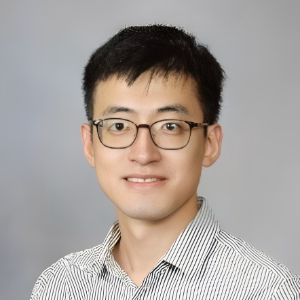Title : Synthetic interferon exhibits potent antiviral activity across both DNA and RNA viruses with reduced pro-inflammatory gene induction
Abstract:
The type I interferon (IFN) system is a potent host innate defense mechanism against viral pathogens. Activation of this pathway occurs upon engagement of IFN with the host IFN alpha receptors 1 and 2 (IFNAR1/2), resulting in activation of > 300 interferon stimulated genes (ISGs). While type I IFN and its derivatives have been utilized in patients as antiviral drugs, toxicity has limited widespread therapeutic use. Here, we describe the generation of synthetic proteins that compete with natural IFNs, comprised of bispecific antibody binding domains with one domain targeting IFNAR1 and the second domain targeting IFNAR2, that were selected to maintain the antiviral properties of IFNs while reducing the pro-inflammatory properties.
We show that these molecules activate the IFN pathway as measured by monitoring the phosphorylation of STAT transcription factors in cell lines and primary cells. In addition, we demonstrate significant activation of antiviral ISGs while showing reduced activation of pro-inflammatory and pro-apoptotic ISGs and retention of potent antiviral activity comparable to natural IFN against a broad panel of viruses, including hepatitis B virus (HBV), human Cytomegalovirus (CMV), Respiratory syncytial virus (RSV), influenza, SARS-CoV-2 as well as other viruses.
Our data demonstrate potent antiviral activity with the potential for a meaningful improvement in therapeutic index for improved tolerability and safety in the clinic. In addition to progressing towards therapeutic candidate, the panel of molecules we have engineered allow for greater interrogation of the underlying biology of the type I interferon pathway and mechanisms of ISG stimulation.
Audience Take Away:
- We have generated synthetic proteins that bind to IFNAR1/2 and activate the IFN pathway.
- These synthetic interferons demonstrate antiviral properties equivalent to natural IFNs against a broad panel of DNA and RNA viruses with reduced activation of pro-inflammatory and pro-apoptotic ISGs.
- Synthetic interferons demonstrate the potential to provide meaningful improvement in therapeutic index for improved tolerability and safety in the clinic.
- Synthetic interferons can confer greater understanding of the biology of the type I interferon pathway and mechanisms of signaling that lead to ISG expression.



